The Modus Guide to a Stress-Free Workday
May 18
/
Jim Benson
Stress is a natural physical and mental reaction to life experiences. In fact, for short periods of time, it is actually valuable to us. The hormones our brains release in stressful moments were designed to protect us by preparing us to react quickly in dangerous situations.
Unfortunately, when these hormones start kicking in, we become exposed to a wide variety of potential health problems, both physical and psychological. Some of the most vivid examples include depression, insomnia, high blood sugar, and even heart attacks.
Unfortunately, when these hormones start kicking in, we become exposed to a wide variety of potential health problems, both physical and psychological. Some of the most vivid examples include depression, insomnia, high blood sugar, and even heart attacks.
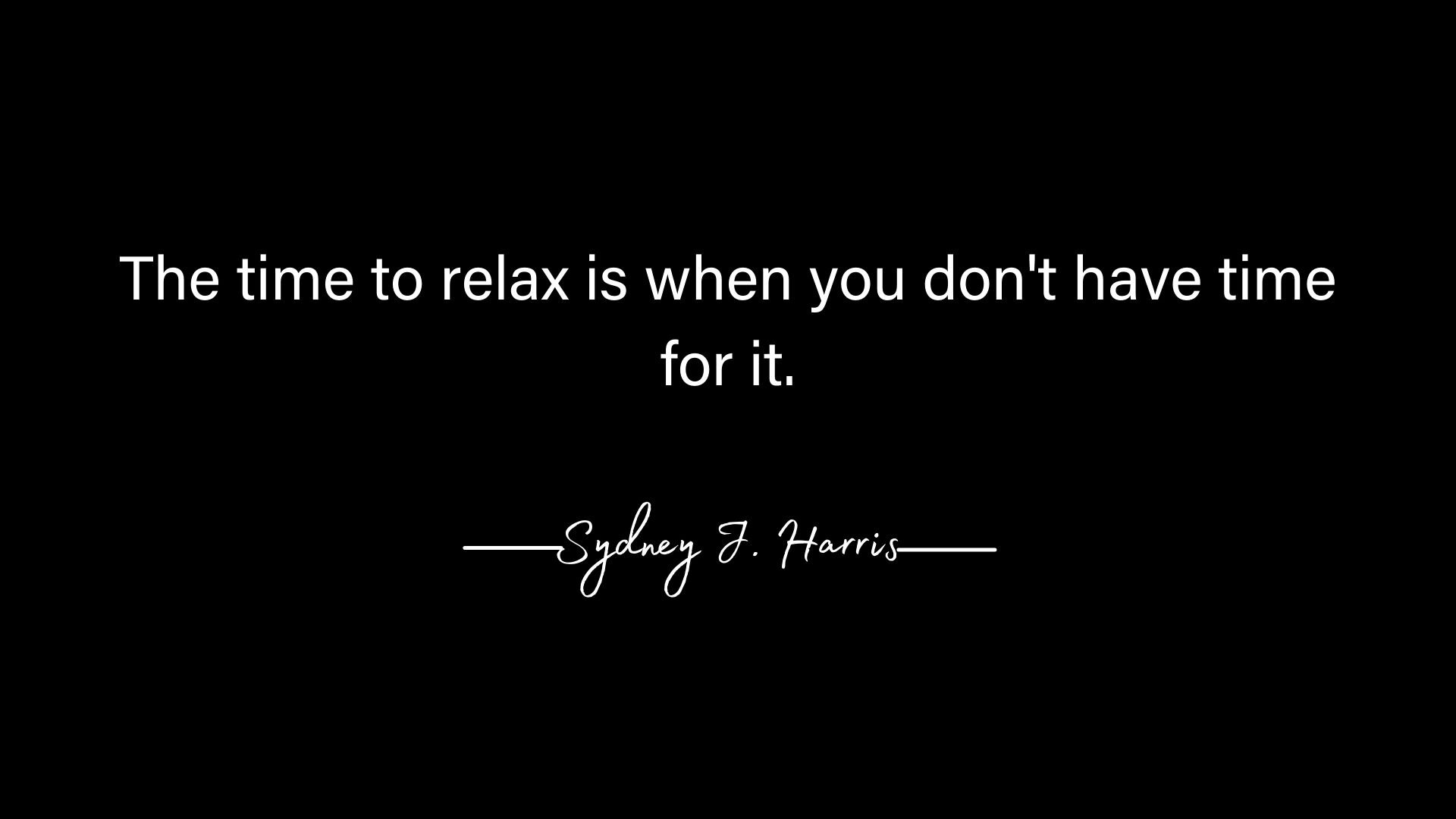
Millions of people around the world are suffering from chronic stress that puts their health in danger every day. For many of them, the biggest contributors to accumulating stress are their jobs.
We all know the feeling of being overwhelmed by the long list of tasks that await us at the start of the workday or the urgency of a last-minute request from a stakeholder. However, we are far from powerless against it.
Let’s explore several ways for achieving a stress-free workday.
We all know the feeling of being overwhelmed by the long list of tasks that await us at the start of the workday or the urgency of a last-minute request from a stakeholder. However, we are far from powerless against it.
Let’s explore several ways for achieving a stress-free workday.
Get Rid of the To-Do List
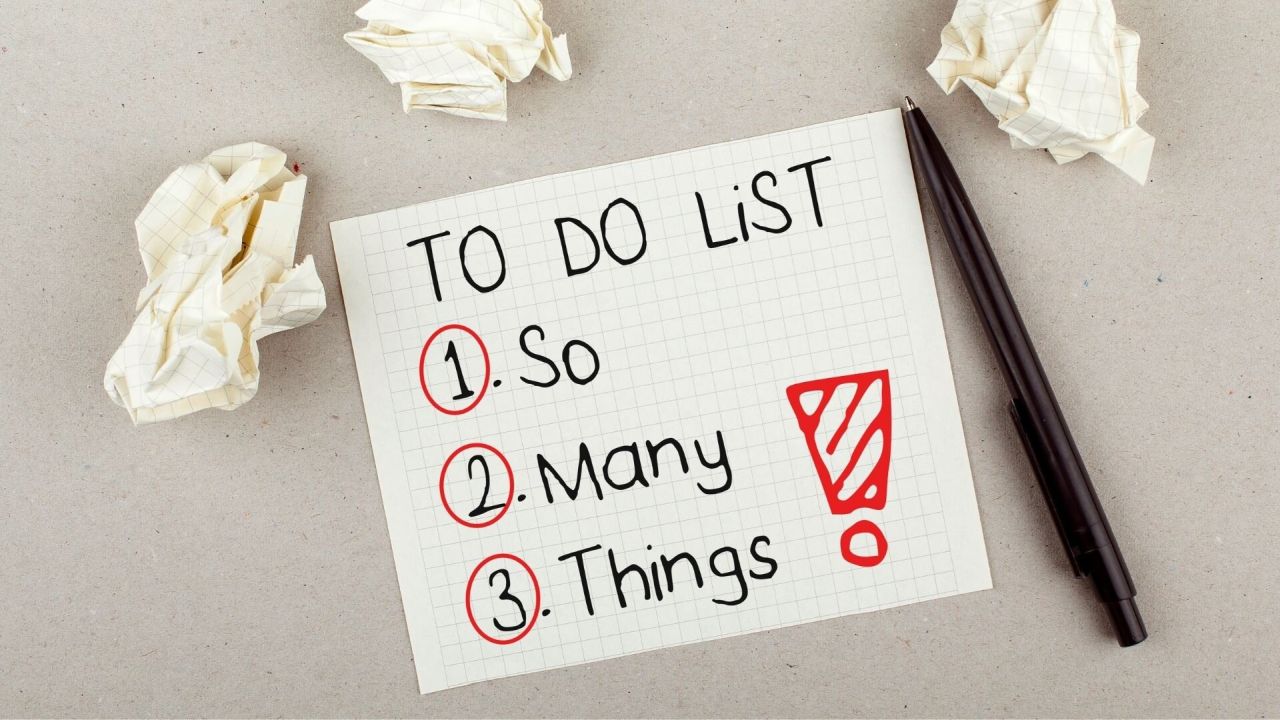
Make a list. Become overwhelmed. Cross off low-hanging fruit. Feel good (momentarily). Tackle the next easiest task. Repeat.
Sounds familiar, doesn't it? But why simply optimize our workday for productivity, when we can shoot for effectiveness? Those seemingly interminable, stress-inducing to-do lists - we've all been beholden to them.
But if context, clarity, continuous improvement, and stress-free days are what we're looking for, there just might be a better option. For something with such a staggering amount of information, to-do lists fail miserably at providing the context necessary to effectively prioritize our work, understand and communicate our capacity, or surface issues so we can address them in real-time, preventing them from recurring.
Rather than creating a static, task-focused, prescriptive inventory of your to-dos, we apply Personal Kanban. It transforms those to-dos into a narrative of our work that promotes cognitive ease that leads to stress-free workdays and invites informed action.
Tasks are situated in context, options and priorities become obvious, and emergent patterns (like recurring bottlenecks) give us the necessary feedback to invite discussion, collaboration, and/or improvement.
Sounds familiar, doesn't it? But why simply optimize our workday for productivity, when we can shoot for effectiveness? Those seemingly interminable, stress-inducing to-do lists - we've all been beholden to them.
But if context, clarity, continuous improvement, and stress-free days are what we're looking for, there just might be a better option. For something with such a staggering amount of information, to-do lists fail miserably at providing the context necessary to effectively prioritize our work, understand and communicate our capacity, or surface issues so we can address them in real-time, preventing them from recurring.
Rather than creating a static, task-focused, prescriptive inventory of your to-dos, we apply Personal Kanban. It transforms those to-dos into a narrative of our work that promotes cognitive ease that leads to stress-free workdays and invites informed action.
Tasks are situated in context, options and priorities become obvious, and emergent patterns (like recurring bottlenecks) give us the necessary feedback to invite discussion, collaboration, and/or improvement.
Focus on Finishing the Important Work
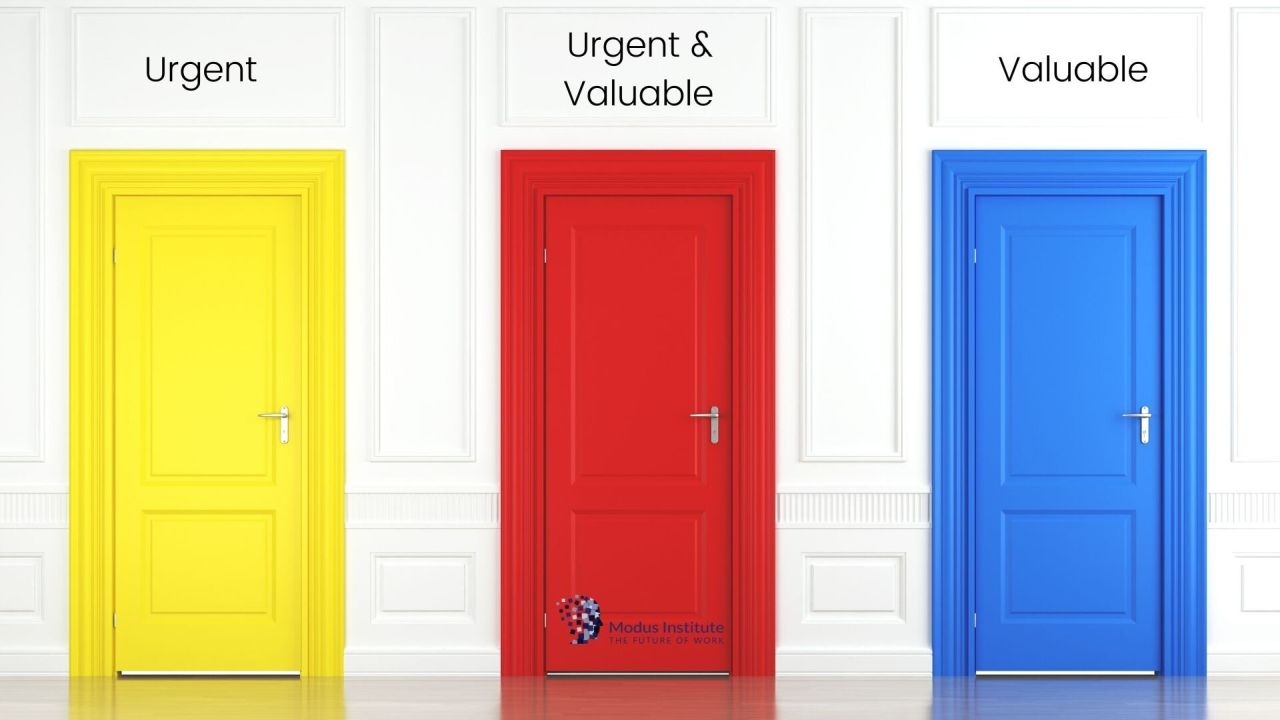
Focusing on our most important work (so that we can get it out the door and create value) is hard. It’s harder still when work suddenly picks up, is unfamiliar, or arrives with immediate deadlines when we are already busy.
The tyranny of the urgent often distracts us from what is truly important and makes it difficult to enjoy a stress-free workday. We lose focus on the important, and end up doing a lot of “busy work”. By the end of the day, we are frustrated, which builds stress.
It’s not always easy to just “know” what task out of the hundreds we have on our plate is the best to jump on right now. When we visualize our work and limit our work in progress, we can see beyond the urgent and discover the best use of our time. We can then sit down with our brains and have an honest chat.
What do we need to do? What relies on others? What is stopping us from doing that one task that just sits there in our OPTIONS column and doesn’t move? Why do we promise we’ll get those things done today, but at the end of the day it is still just sitting there?
Focus isn’t a “light” topic, we all struggle with it every day.
The tyranny of the urgent often distracts us from what is truly important and makes it difficult to enjoy a stress-free workday. We lose focus on the important, and end up doing a lot of “busy work”. By the end of the day, we are frustrated, which builds stress.
It’s not always easy to just “know” what task out of the hundreds we have on our plate is the best to jump on right now. When we visualize our work and limit our work in progress, we can see beyond the urgent and discover the best use of our time. We can then sit down with our brains and have an honest chat.
What do we need to do? What relies on others? What is stopping us from doing that one task that just sits there in our OPTIONS column and doesn’t move? Why do we promise we’ll get those things done today, but at the end of the day it is still just sitting there?
Focus isn’t a “light” topic, we all struggle with it every day.
Evaluate All the Different Options
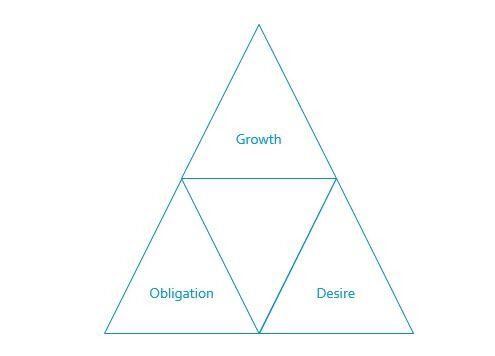
We have all the expectations placed on us by co-workers, bosses, clients, family, friends, the government, and ourselves. They want us to do things. We want us to do things. All those things are more options. We all have tons of options, which can easily stress us out.
With this quick tool, our work will begin to take shape. Ideally, we’d like to see tasks working into the middle to middle-right of the triangle. We want to engage in options that allow growth and that we enjoy. This helps us see the context of the options we have amassed.
A vacation in Bali will likely be high in desire to enjoy some stress-free time and even growth. Moving to Bali and sitting on the beach for eternity might be a good escape, but might not be so high on the growth side.
If we want to collaborate more, swap out “growth” for “collaboration”. Our context is our own. Another triangle might measure risks like “resources” “complexity” and “time”. We have to make our own and improve on it. Then, we make a better one, after examining our options carefully and choosing wisely.
Personal Kanban allows us to organize and evaluate them in order to remain stress-free to a high extent. When creating our first Personal Kanban, our first goal is to simply understand all we could be doing right now or that is expected of us.
Here’s how we might start out.
Here’s how we might start out.
- Write down all the expectations people have of us.
- Write down all the things we would like to do (not just work, we want to go to Bali and sit on the beach… let’s write it down.)
- In our options column, we make a triangle like the one above
- We use this to organize our current supply of options by placing the options in the portion of the triangle that best describes the mix of obligation, desire, and growth.
- Ask ourselves… what does this mean?
With this quick tool, our work will begin to take shape. Ideally, we’d like to see tasks working into the middle to middle-right of the triangle. We want to engage in options that allow growth and that we enjoy. This helps us see the context of the options we have amassed.
A vacation in Bali will likely be high in desire to enjoy some stress-free time and even growth. Moving to Bali and sitting on the beach for eternity might be a good escape, but might not be so high on the growth side.
If we want to collaborate more, swap out “growth” for “collaboration”. Our context is our own. Another triangle might measure risks like “resources” “complexity” and “time”. We have to make our own and improve on it. Then, we make a better one, after examining our options carefully and choosing wisely.
Adopt Healthy Working Habits
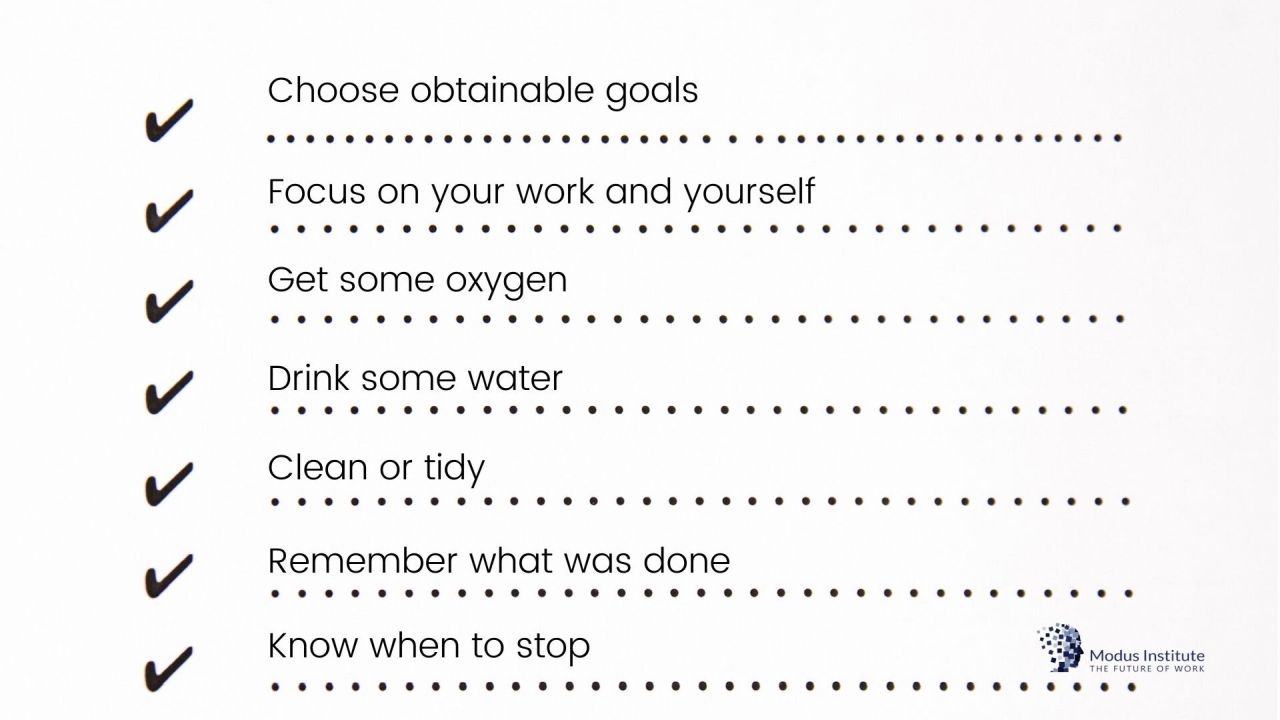
Why do we do certain things? Why do we lose track of time? We’ve combined a few regimens that have calmed us down, increased our effectiveness, and made us feel healthier and stress-free.
So, one thing with a “habit” is to make it healthy. Something we do, often because we’ve created our own little system to do it. If we don’t, we don’t have a fit or lash out at the world, we just adjust to do better next time (or we just accept that life doesn’t always respect our system). Having said all that, here’s a proven system which has helped us feel much healthier, successful, and stress-free.
Choose obtainable goals. We make sure we have plenty of tickets in our Personal Kanban to move each day. We try to move several tickets and to make sure that each ticket is either something we MUST do (pay parking ticket, call the cable people) or something that will really move the needle on something we’re trying to complete (finish a Modus Institute class, finalize consulting contracts, write blog posts, etc).
Focus on your work and yourself. Perhaps more than ever before, we have been sticking to Francesco Cirillo’s Pomodoro regimens. We work for 25 minutes on a ticket or two. When the Pomodoro timer chimes, we get up and do one of the following:
Get some oxygen. Our brains need oxygen in order to work. They do that when we move around. Do some stretching exercises, get up, move, let your mind process quietly, and let your physical systems get some attention.
Drink some water. Our brains are made of water, on every break make sure you drink at least a few ounces of water.
Clean or tidy. How did that one piece of paper over there become a pile? By not addressing it. When our surroundings become untidy, it actually stresses us out. The best way to keep things in order is to deal with them in little chunks. On a cleaning break, we’ll just find three quick things to put away, toss out, or otherwise clean up.
Remember what was done. We’ve started saying out loud the things we’ve done over the course of the day and doing an internal check. Are we happy with that list? Did we feel it was enough? Should we have done something else? We’ve found over the last few months that we’re becoming much better at selecting and finishing work that we both should do and are happy doing.
Know when to stop. This is harder, of course, when people are expecting us to be in a meeting or make a deadline, but we’ve found that our bodies tell us when we’re done for the day. We’ve generally been running from 6 am to 3 pm each day. Sure we have calls in the middle of the night with people on other continents or, like today, need to start working with a group at 2:30 pm, but we now have much more strength to deal with those situations (and not complain about them) because we’ve let ourselves finish work when our brains are done.
We’ve created for ourselves things that some blithely call “habits”. But we all have habits we’re not really proud of and the word “habit” sounds pathological … like We are Howard Hughes washing our hands.
So, one thing with a “habit” is to make it healthy. Something we do, often because we’ve created our own little system to do it. If we don’t, we don’t have a fit or lash out at the world, we just adjust to do better next time (or we just accept that life doesn’t always respect our system). Having said all that, here’s a proven system which has helped us feel much healthier, successful, and stress-free.
Choose obtainable goals. We make sure we have plenty of tickets in our Personal Kanban to move each day. We try to move several tickets and to make sure that each ticket is either something we MUST do (pay parking ticket, call the cable people) or something that will really move the needle on something we’re trying to complete (finish a Modus Institute class, finalize consulting contracts, write blog posts, etc).
Focus on your work and yourself. Perhaps more than ever before, we have been sticking to Francesco Cirillo’s Pomodoro regimens. We work for 25 minutes on a ticket or two. When the Pomodoro timer chimes, we get up and do one of the following:
Get some oxygen. Our brains need oxygen in order to work. They do that when we move around. Do some stretching exercises, get up, move, let your mind process quietly, and let your physical systems get some attention.
Drink some water. Our brains are made of water, on every break make sure you drink at least a few ounces of water.
Clean or tidy. How did that one piece of paper over there become a pile? By not addressing it. When our surroundings become untidy, it actually stresses us out. The best way to keep things in order is to deal with them in little chunks. On a cleaning break, we’ll just find three quick things to put away, toss out, or otherwise clean up.
Remember what was done. We’ve started saying out loud the things we’ve done over the course of the day and doing an internal check. Are we happy with that list? Did we feel it was enough? Should we have done something else? We’ve found over the last few months that we’re becoming much better at selecting and finishing work that we both should do and are happy doing.
Know when to stop. This is harder, of course, when people are expecting us to be in a meeting or make a deadline, but we’ve found that our bodies tell us when we’re done for the day. We’ve generally been running from 6 am to 3 pm each day. Sure we have calls in the middle of the night with people on other continents or, like today, need to start working with a group at 2:30 pm, but we now have much more strength to deal with those situations (and not complain about them) because we’ve let ourselves finish work when our brains are done.

Cut Yourself Some Slack
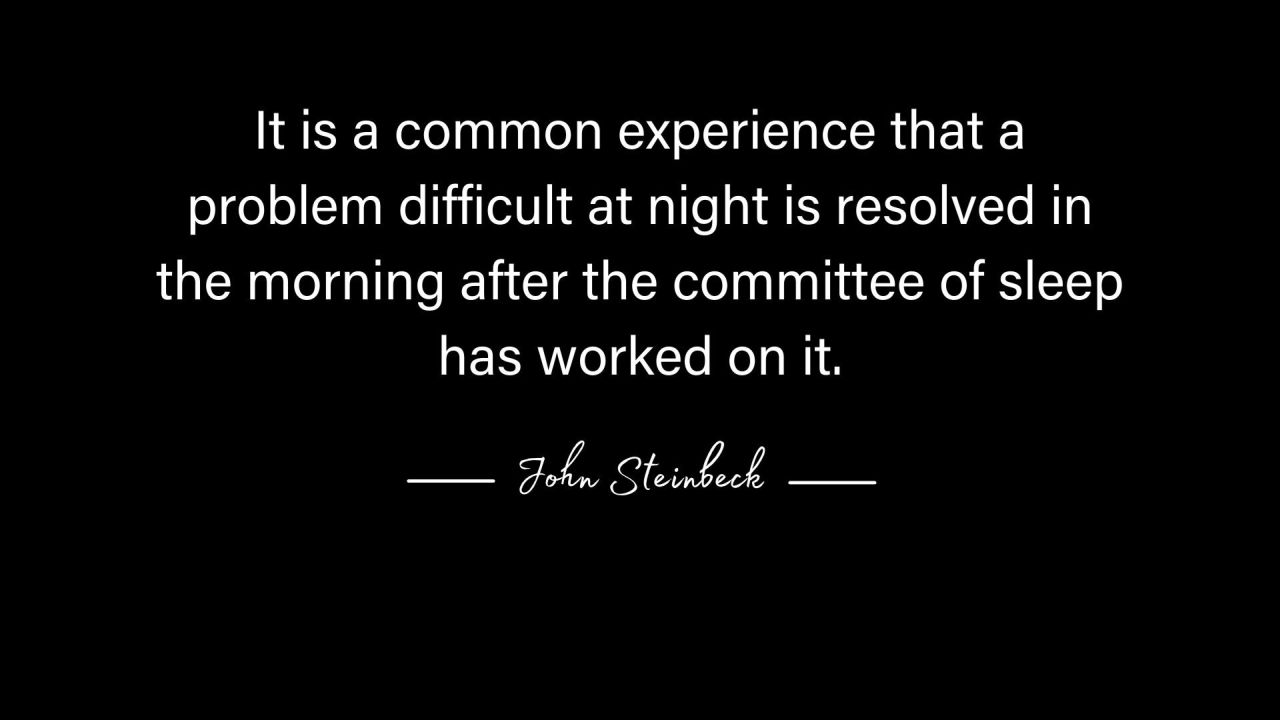
Workflow should be optimized for throughput, not capacity. Work shouldn’t “fit” into our day but rather, it should flow. Much like how a freeway grinds to a halt when its capacity is exceeded, people who are overloaded experience physical and mental gridlock.
As with any system - animate, mechanistic, social, or ecological - the importance of incorporating slack to absorb and/or respond to variation, manage stress, create efficient processing, and maximize performance is not simply good practice, it’s indispensable.
Recently, a series of disconcerting conversations caused me to reflect on how much we tend to undervalue our most important form of slack: sleep.
Sure these folks might be “productive,” but how effective are they really in the long-term, and is there any chance for them to be stress-free?
I spend endless days at a time without enough sleep. At first, normal activities become annoying. When you are too tired to eat, you really need some sleep. A few days later, things become strange. Loud noises become louder and more startling, familiar sounds become unfamiliar, and life reinvents itself as a surrealist dream. ~ Henry Rollins
We wear our busyness like a badge of honor. It has become our default way of existing. Sleep, we rationalize, is for the weak and ironically, for “slackers.” We see it not as a function essential to our existence but as a reward to be earned. And when we do finally deem ourselves “worthy” of a healthy night’s sleep we “cheat” in an attempt to compensate for the hours we’ve been deprived of.
Sleep experts say most adults need between seven and nine hours of sleep each night for optimum performance, stress management, health, and safety. When we don't get adequate sleep, we accumulate a sleep debt that can be difficult to "pay back" if it becomes too big.
The resulting sleep deprivation has been linked to health problems such as chronic stress, obesity and high blood pressure, negative mood and behavior, decreased productivity, and safety issues in the home, on the job, and on the road.
So long as we view sleep as a luxury we will dismiss it as waste, de-prioritizing it when in actuality, it’s the ONLY thing absolutely vital to our workflow and stress-free day. Does it really need to be stated? Humans cannot live without sleep.
Slack is vital for smooth, efficient flow and maximizing performance. If we frame sleep as part of your work, unfinished sleep becomes work in progress. We then struggle with focus, multitasking and task-switching become inevitable, creating a vicious cycle that interferes with the quality of other parts of our life. When we are sleep deprived, our WIP limit should actually be reduced.
I work in the quiet of home 7-8 am to sort out things that are stuck or unresolved. Only after I have landed that thinking do I go into the office. ~ Tiffany Overton
A quiet mind, a fresh perspective lead to improved memory, longer attention span, sustainable learning, and improved judgment. Sleep better. Perform better. It really is that simple to remain stress-free.
As with any system - animate, mechanistic, social, or ecological - the importance of incorporating slack to absorb and/or respond to variation, manage stress, create efficient processing, and maximize performance is not simply good practice, it’s indispensable.
Recently, a series of disconcerting conversations caused me to reflect on how much we tend to undervalue our most important form of slack: sleep.
- A taxi driver shared how he works 12+ hours per day, with one hour off for lunch, seven days per week because as he explained, “I can sleep when I’m dead”;
- A nail technician who works 7 days each week, 10+ hours per day, and only takes off holidays expressed pride in her “work ethic” while dismissing her colleagues who work 5-6 days per week as “lazy”
- A software developer boasted he could - and in fact, does - exist on a diet of Red Bull, chocolate-covered espresso beans, and as little as 2-3 hours of a caffeine-induced coma… but admitted he greeted each morning in a haze of stupor.
Sure these folks might be “productive,” but how effective are they really in the long-term, and is there any chance for them to be stress-free?
I spend endless days at a time without enough sleep. At first, normal activities become annoying. When you are too tired to eat, you really need some sleep. A few days later, things become strange. Loud noises become louder and more startling, familiar sounds become unfamiliar, and life reinvents itself as a surrealist dream. ~ Henry Rollins
We wear our busyness like a badge of honor. It has become our default way of existing. Sleep, we rationalize, is for the weak and ironically, for “slackers.” We see it not as a function essential to our existence but as a reward to be earned. And when we do finally deem ourselves “worthy” of a healthy night’s sleep we “cheat” in an attempt to compensate for the hours we’ve been deprived of.
Sleep experts say most adults need between seven and nine hours of sleep each night for optimum performance, stress management, health, and safety. When we don't get adequate sleep, we accumulate a sleep debt that can be difficult to "pay back" if it becomes too big.
The resulting sleep deprivation has been linked to health problems such as chronic stress, obesity and high blood pressure, negative mood and behavior, decreased productivity, and safety issues in the home, on the job, and on the road.
So long as we view sleep as a luxury we will dismiss it as waste, de-prioritizing it when in actuality, it’s the ONLY thing absolutely vital to our workflow and stress-free day. Does it really need to be stated? Humans cannot live without sleep.
Slack is vital for smooth, efficient flow and maximizing performance. If we frame sleep as part of your work, unfinished sleep becomes work in progress. We then struggle with focus, multitasking and task-switching become inevitable, creating a vicious cycle that interferes with the quality of other parts of our life. When we are sleep deprived, our WIP limit should actually be reduced.
I work in the quiet of home 7-8 am to sort out things that are stuck or unresolved. Only after I have landed that thinking do I go into the office. ~ Tiffany Overton
A quiet mind, a fresh perspective lead to improved memory, longer attention span, sustainable learning, and improved judgment. Sleep better. Perform better. It really is that simple to remain stress-free.
Let’s Invite our Next Stress-Free Day
Let’s be real. Stress is part of adult life. We’ve got our ambitions and responsibilities, and most of us have a difficult time sticking to them without accumulating some amount of stress.
Still, we can do plenty of things to ensure that we enjoy stress-free days most of the time. At the foundation of all the solutions we propose in this article lies Personal Kanban. As a method, it gives us the ability to set order to our day and see clearly all elements of our life that contribute to the accumulation of stress.
By evolving the way we tackle our day from the moment we wake up to the time we get into bed, we can facilitate happier existence and more stress-free days. If you wish to learn more about Personal Kanban, we invite you to check our online Personal Kanban course dedicated to mastering it.
Still, we can do plenty of things to ensure that we enjoy stress-free days most of the time. At the foundation of all the solutions we propose in this article lies Personal Kanban. As a method, it gives us the ability to set order to our day and see clearly all elements of our life that contribute to the accumulation of stress.
By evolving the way we tackle our day from the moment we wake up to the time we get into bed, we can facilitate happier existence and more stress-free days. If you wish to learn more about Personal Kanban, we invite you to check our online Personal Kanban course dedicated to mastering it.
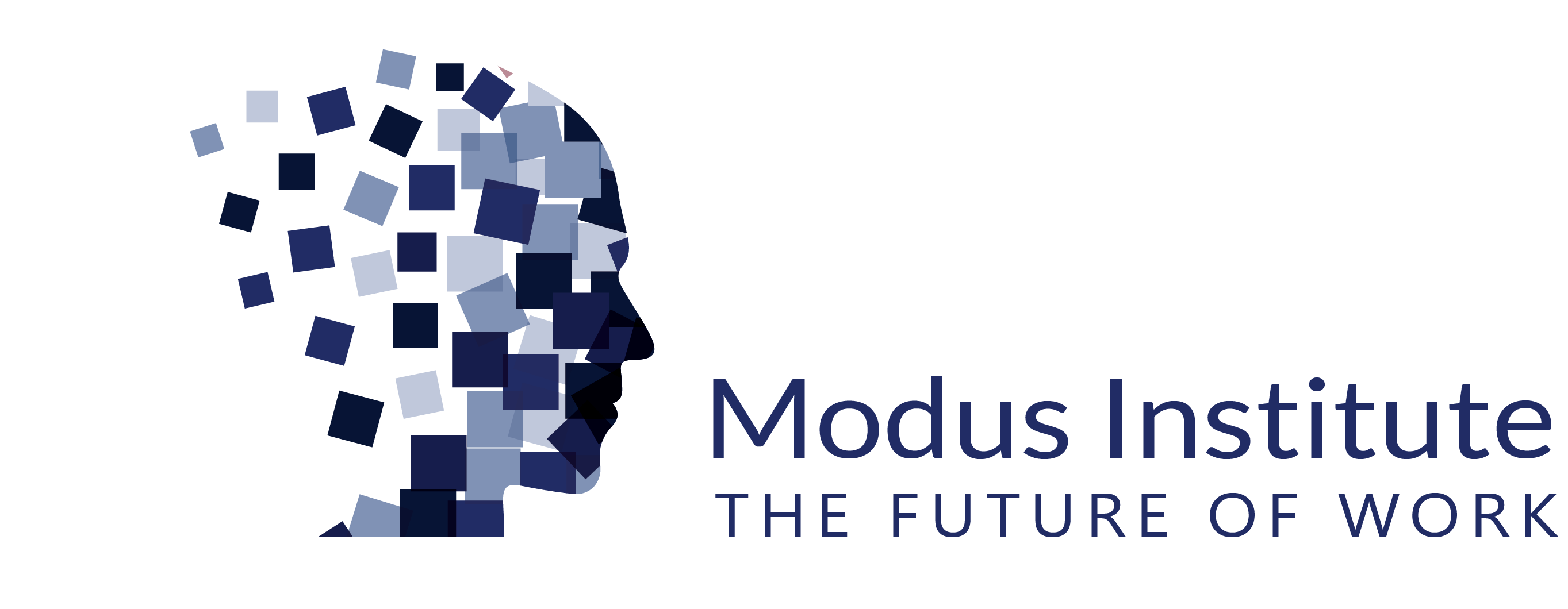
We are an online educational platform that helps professionals and aspiring individuals to succeed in their goals.
Copyright © 2025